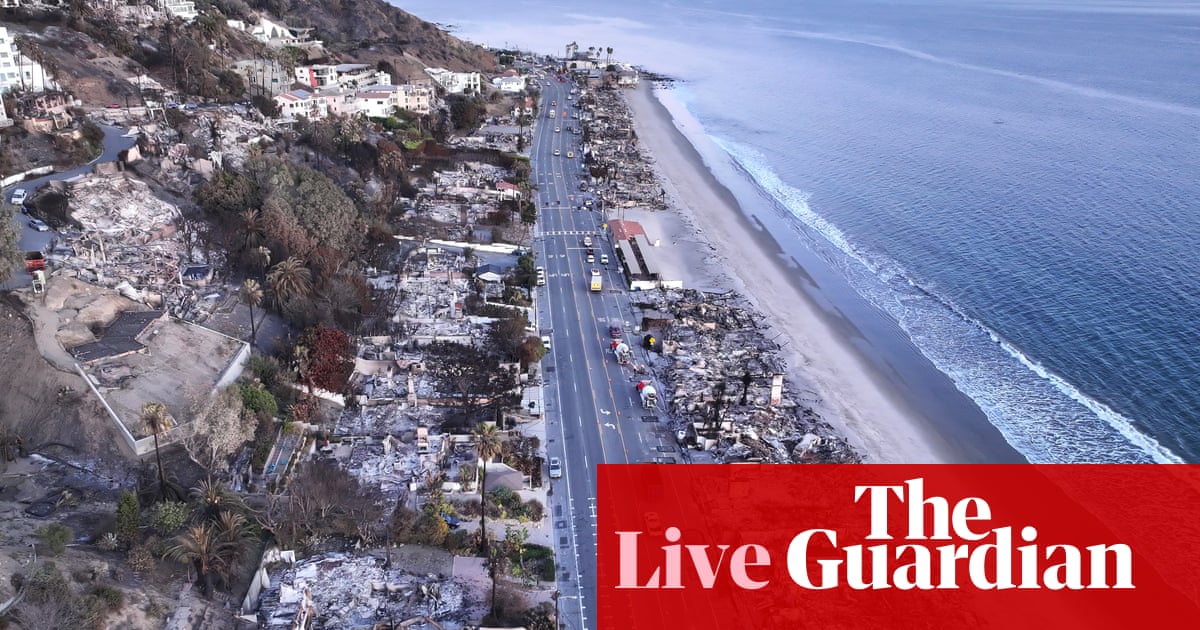Europe should ban space mirrors, cloud whitening and other untested tools being touted to reflect the sun’s rays, the European Commission’s scientific advisers have warned, but said the door should be left open for research into their development.
The scientists said the risks and benefits of solar radiation modification (SRM) – also known as solar geoengineering – were “highly uncertain”. They called for an EU-wide moratorium on using it as a way to offset global heating.
SRM technologies can cool the planet by reducing the amount of sunlight hitting the Earth. Supporters say they should be studied as global temperatures shoot ever closer to the limit of 1.5C (2.7F) above preindustrial levels that world leaders promised to stick to.
Critics argue that geoengineering does not address the root problem of heat-trapping pollutants that smother the Earth – making them at best a temporary fix while they are in use – and caution they could also wreak havoc on the weather.
“Even if some of these proposals could address the symptoms of climate change, they do not address the cause,” said Barbara Prainsack, chair of the European Group on Ethics in Science and New Technologies. “Presenting them as solutions could damage the efforts that are already under way to reduce greenhouse gas emissions and adapt to climate change.”
Monday’s report, authored by the Group of Chief Scientific Advisors to the European Commission, found the “deep uncertainties” of solar geoengineering were inconsistent with the EU’s precautionary principle and its responsibility to do no harm. The group’s top recommendation was to cut greenhouse gas pollution as the main way to avoid “dangerous” levels of climate change.
But it also called on the EU to negotiate a global system to regulate the future use of SRM – with a moratorium on its use “for the foreseeable future” – and ensure research into it was rigorous, responsible and ethical. It recommended ensuring that public funding does not take away from the money being spent to cut greenhouse gas pollution and adapt to a hotter planet.
Aarti Gupta, a professor of global environmental governance at Wageningen University, who was part of the team that produced the underlying report on which the scientists based their policy advice, said it was “crucially important” the EU calls for a moratorium on SRM and outdoor research with widespread impacts. “Most crucially, the EU now needs to show global leadership in pushing for an international ‘non-deployment’ regime on SRM.”
Governments failed to agree on how the United Nations should regulate SRM at a meeting in Nairobi in February. Switzerland had put forward an expert panel to explore the topic but African countries sought an outright ban, and Switzerland withdrew its proposal in response to the lack of enthusiasm.
The prospect of even researching the topic has divided scientists as well as governments. Dozens of scientists led by James Hansen, a former Nasa climate researcher, wrote an open letter calling for further study into solar geoengineering last year. A separate letter calling for a global ban attracted support from hundreds of scientists.
One fear is that allowing research into solar geoengineering will lead to a slippery slope that enables its use. Supporters counter that the temptation to deploy it is only going to grow and so it should be governed at a global level to avoid a rogue government or billionaire taking it into their own hands.

.png) 1 month ago
14
1 month ago
14













































